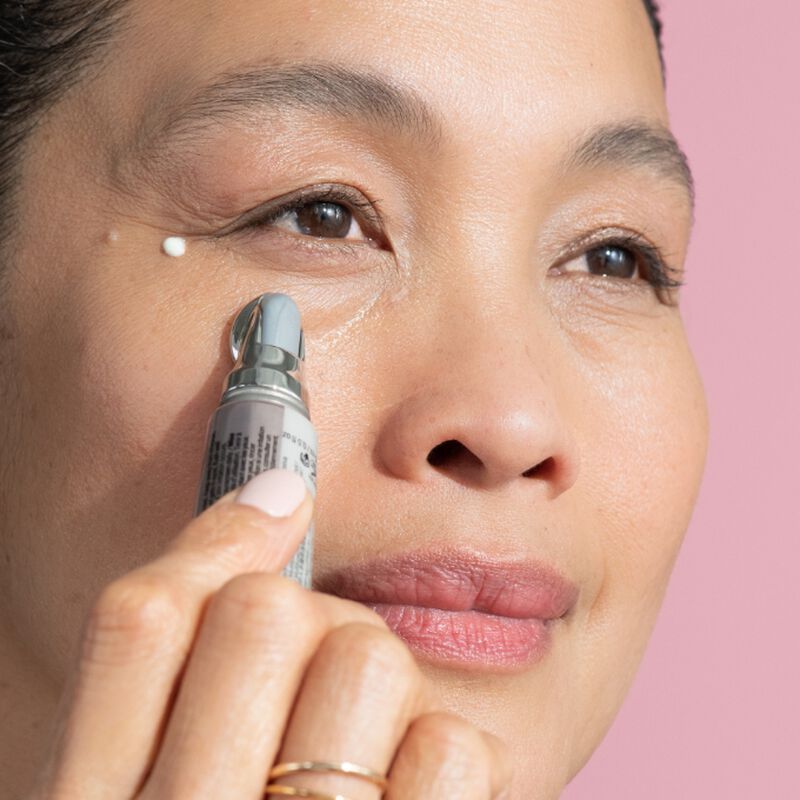Candid Insights
Exploring the latest trends and stories that shape our world.
Eye Cream: Your New Best Friend or Just a Fad?
Discover if eye cream is truly your skin's best ally or just another beauty trend. Uncover the truth behind the hype!
The Science Behind Eye Creams: Do They Really Work?
The efficacy of eye creams has been a topic of debate among skincare enthusiasts and dermatologists alike. Many formulations claim to reduce dark circles, puffiness, and fine lines, but the real question is: do they actually work? Eye creams often contain active ingredients such as retinol, peptides, and hyaluronic acid, which are scientifically proven to support skin health. However, the effectiveness of these products can vary based on individual skin types and conditions. While some people may see noticeable improvements, others may not experience the same benefits.
One important factor to consider is the skin's structure around the eyes, which is thinner and more delicate than the rest of the face. This makes it more susceptible to signs of aging. Certain ingredients in eye creams can penetrate this delicate skin and provide targeted treatment. For instance, caffeine is often included to help reduce puffiness by constricting blood vessels, while antioxidants like Vitamin C can brighten the area and protect against environmental damage. In summary, while eye creams may offer some benefits, results can vary, and understanding individual needs is crucial for effective use.

Top Ingredients to Look for in an Eye Cream
When searching for the best eye cream, it's essential to look for key ingredients that provide targeted benefits for the delicate skin around the eyes. One of the most sought-after ingredients is retinol, known for its ability to reduce fine lines and improve skin texture. Another important component is hyaluronic acid, which helps to hydrate and plump the skin, decreasing the appearance of dark circles and puffiness. Additionally, peptides are vital as they stimulate collagen production, promoting a firmer and smoother eye area.
Other noteworthy ingredients include Caffeine, which effectively reduces under-eye puffiness by constricting blood vessels and diminishing swelling. Look for creams that contain Vitamin C to brighten the skin and improve overall tone, particularly if you're dealing with dark circles. Lastly, niacinamide is a fantastic addition, as it not only hydrates but also helps to strengthen the skin barrier while reducing inflammation and redness around the eyes.
Is Eye Cream Necessary? Experts Weigh In
The question of whether eye cream is necessary has sparked substantial debate among beauty enthusiasts and skincare experts alike. While some argue that the delicate skin around the eyes requires a specialized product due to its thinner texture and unique needs, others believe that a quality moisturizer can suffice. According to dermatologists, the primary concerns typically addressed by eye creams—like puffiness, dark circles, and fine lines—can often be managed with a well-formulated facial moisturizer. Ultimately, the decision may come down to individual preferences and specific skin types.
Experts suggest that if you frequently experience issues such as severe puffiness or pronounced dark circles, a dedicated eye cream may be beneficial. These products often contain targeted ingredients, like caffeine for reducing swelling or peptides for enhancing elasticity, which can provide additional support to this sensitive area. However, for many, a high-quality moisturizer and adequate sun protection may be all that's needed for maintaining eye area health. In summary, while eye cream can be helpful for some, it is not an absolute necessity for everyone.